Anton Bruckner in 1885
© Hulton-Deutsch Collection, Corbis via Getty Images
Since the beginning of its history, the Chicago Symphony Orchestra has been closely associated with the music of Anton Bruckner.
After the first downtown season of the Chicago Orchestra closed in late April 1892, Theodore Thomas and his new ensemble embarked on a 17-concert tour that included stops in Louisville, Nashville, Kansas City (Missouri), Omaha and finally Cincinnati for that city’s biennial May Festival. Thomas — who founded the festival and served as its music director since 1873 — was eager to show off his new orchestra and packed their seven concerts with symphonies, orchestral arrangements of chamber works and songs, extended sections and complete acts from operas, and large-scale choral works. The fourth concert closed with the U.S. premiere of Bruckner’s Te Deum, featuring the Cincinnati May Festival Chorus. Reception was mixed, with one reviewer calling it, “noisy and brilliant.”
Nearly five years later (and barely three months after the composer’s death), Thomas led the Orchestra in its first performances of a symphony by Bruckner — the Fourth, nicknamed Romantic — at the Auditorium Theatre in January 1897. The work was declared, “a source of unmitigated joy,” by the Chicago Journal. “In this glittering and gorgeous handiwork of genius . . . a fitting and lasting monument.”
On February 19, 1904, a capacity crowd at the Auditorium had gathered mainly to hear contralto Ernestine Schumann-Heink, one of the most famous singers of the day, perform with the Orchestra. Thomas had strategically programmed Bruckner’s Ninth Symphony — the Unfinished, in its U.S. premiere — on the first half of the concert between Schumann-Heink’s two selections (an aria from Mozart’s La clemenza di Tito and Schubert’s song “Die Allmacht”) to assure that the work would be heard by all in attendance.
“The name of Bruckner caused these 3,700 persons [over 700 had been turned away] to listen in patient, long suffering to a piece of tedious music which endured for 55 wearisome minutes,” wrote an obviously displeased William Lines Hubbard in the Chicago Tribune. “We have endured four of his symphonies in the last six years — please, Mr. Thomas, is there not somebody else it would be ‘good for us’ to hear?”
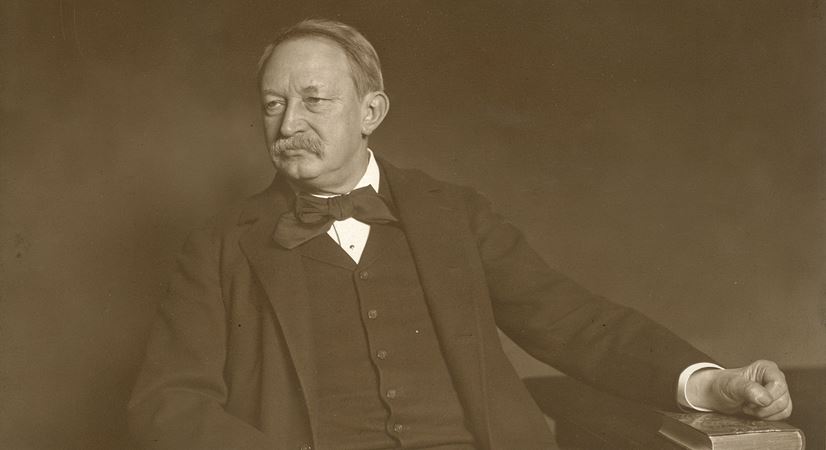
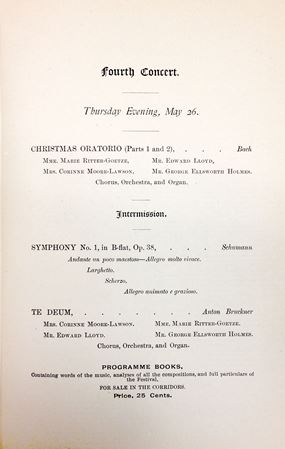
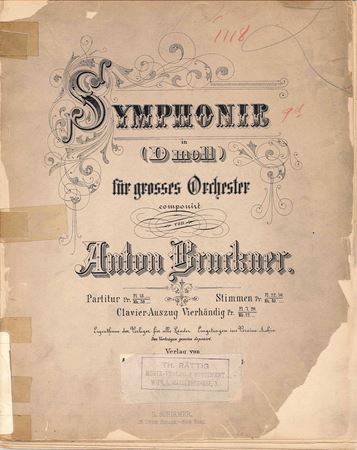
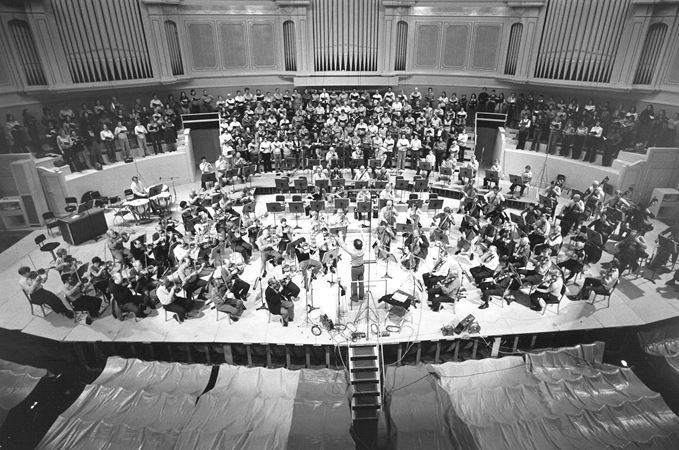
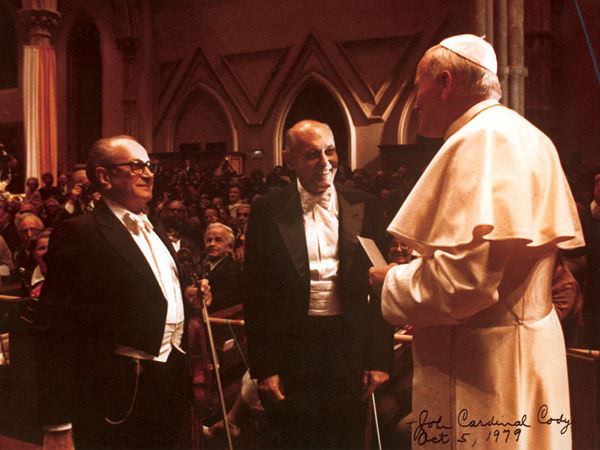
The Orchestra continued to regularly perform Bruckner’s music throughout the 20th century, and beginning in the early 1970s, eighth music director Sir Georg Solti and frequent guest conductor (and later ninth music director) Daniel Barenboim proved to be true champions of the composer’s works.
On October 5, 1979, in honor of Pope John Paul II’s first visit to Chicago, Solti led the Chicago Symphony Orchestra in Bruckner’s Fifth Symphony at Holy Name Cathedral. “It was more than a superb performance . . . one of those never-to-be-duplicated events,” wrote John von Rhein in the Chicago Tribune, as the ensemble presented “its Brucknerian riches before the Pope.” As the pontiff was leaving the cathedral, he was greeted by thousands of cheering Chicagoans. Gesturing to the crowd, he said, “I assure you, I am not the Chicago Orchestra. I am only the pope. God bless you!”
In March 1979 Barenboim introduced the Symphony no. 0 to Chicago audiences, along with the choral works Helgoland and Psalm 150. Later, as music director, he led the Orchestra and Chorus’s first performances of the Mass no. 3 in F minor in January 2000, programmed Psalm 150 to celebrate founding chorus director Margaret Hillis’s retirement in September 1994 and the Chorus’s 50th anniversary in April 2008 and Te Deum for the gala concert celebrating the opening of Symphony Center in October 1997.
The Chicago Symphony Orchestra has recorded Bruckner’s symphonies on multiple occasions. As a guest conductor, Barenboim led recording sessions in Orchestra Hall and Medinah Temple for symphonies nos. 0 through 9 as well as Helgoland, Psalm 150 and Te Deum with the Chicago Symphony Chorus (prepared by Margaret Hillis) between 1972 and 1981, all for Deutsche Grammophon. Solti conducted the ten symphonies for London Records beginning in 1980, completing the cycle in 1996. Recordings were made in Orchestra Hall, Medinah Temple and the Bolshoi Hall of the Philharmonie in Leningrad (now Saint Petersburg) during the Orchestra’s first tour to Russia in 1990.
Additionally, Carlo Maria Giulini, shortly after his tenure as principal guest conductor, recorded the Ninth Symphony for Angel Records in 1976. On the CSO Resound label, Principal Conductor Bernard Haitink led the Seventh Symphony in 2007 and Zell Music Director Riccardo Muti conducted the Ninth in 2016.
On video, a 1963 performance of the first movement from the Seventh Symphony led by guest conductor Paul Hindemith — originally included on WGN’s Great Music from Chicago television series — was released by VAI. Solti conducted the Seventh in London’s Royal Albert Hall in 1978 and the Sixth in Orchestra Hall in 1979, both released by London Records. In 1996 guest conductor Takashi Asahina led the Orchestra in the Fifth Symphony in Orchestra Hall, and the live concert was taped by NHK Classical for commercial video release.
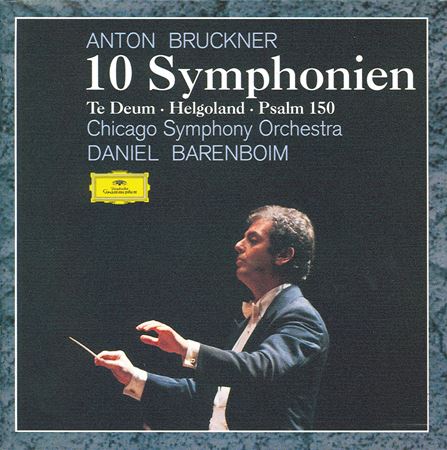
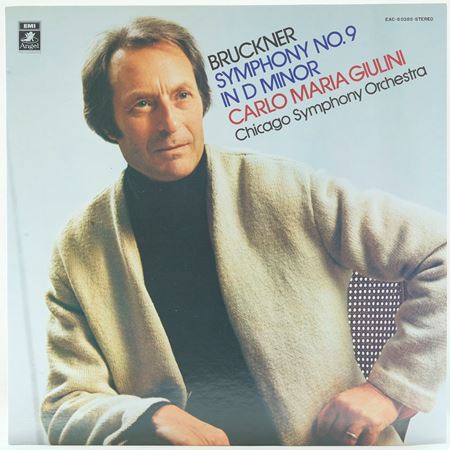
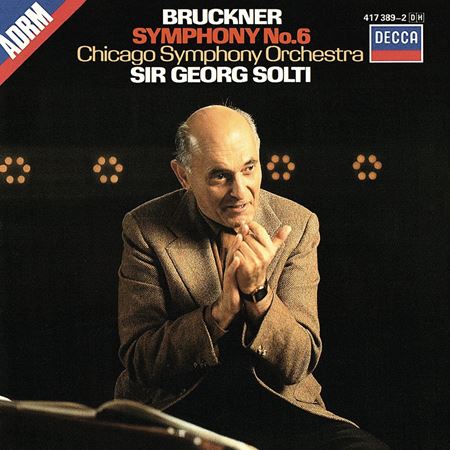
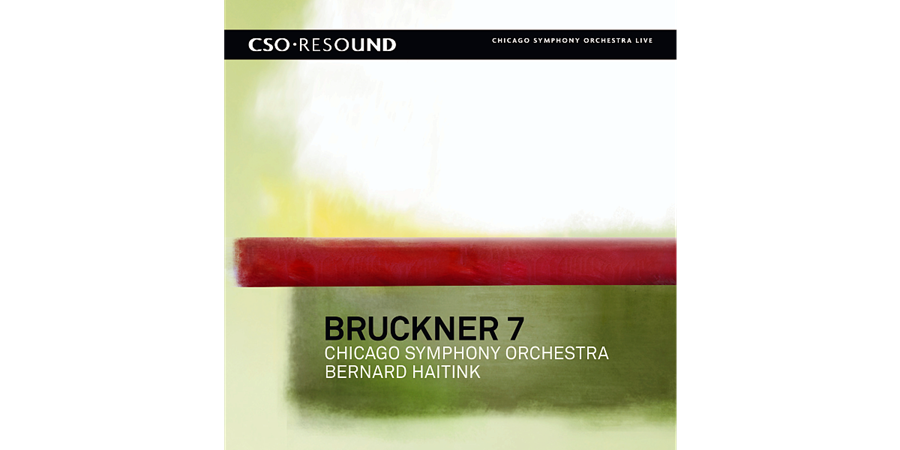
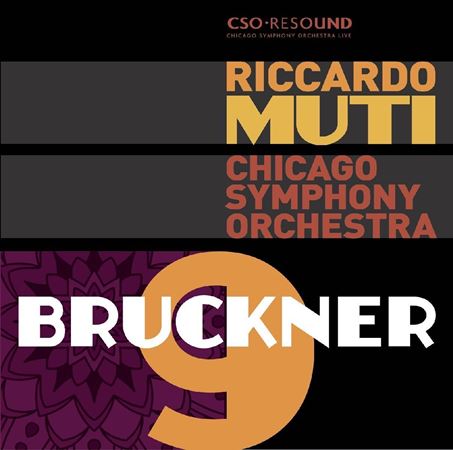
This article also appears in this fall’s program book and here.



